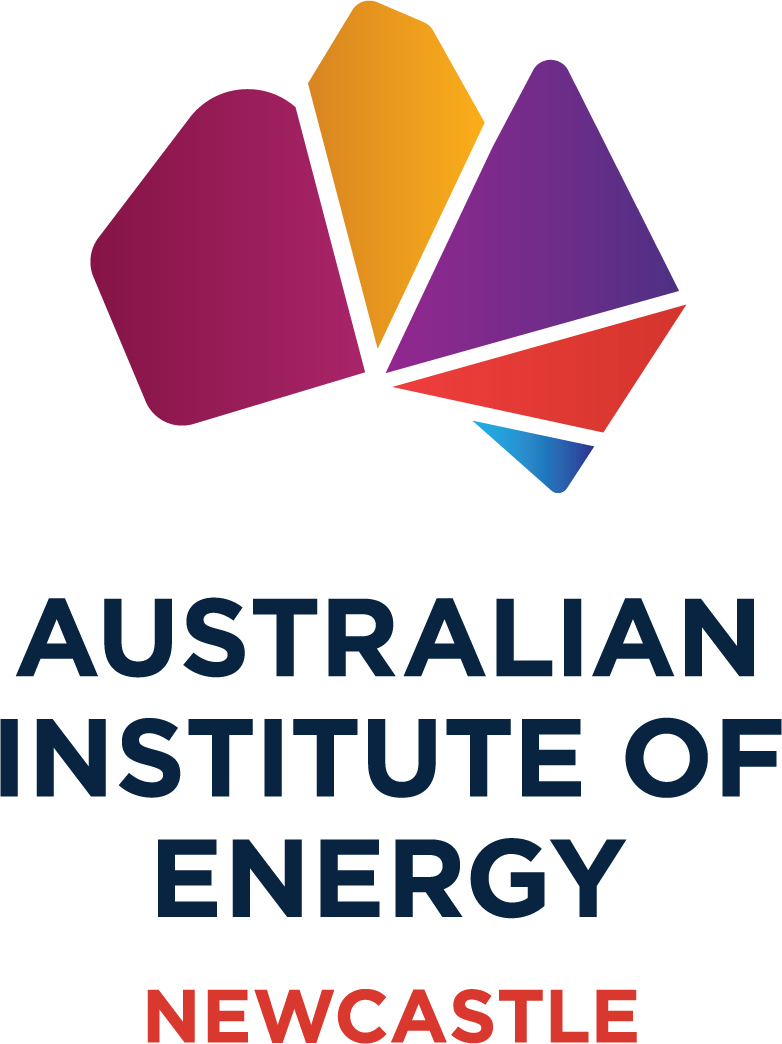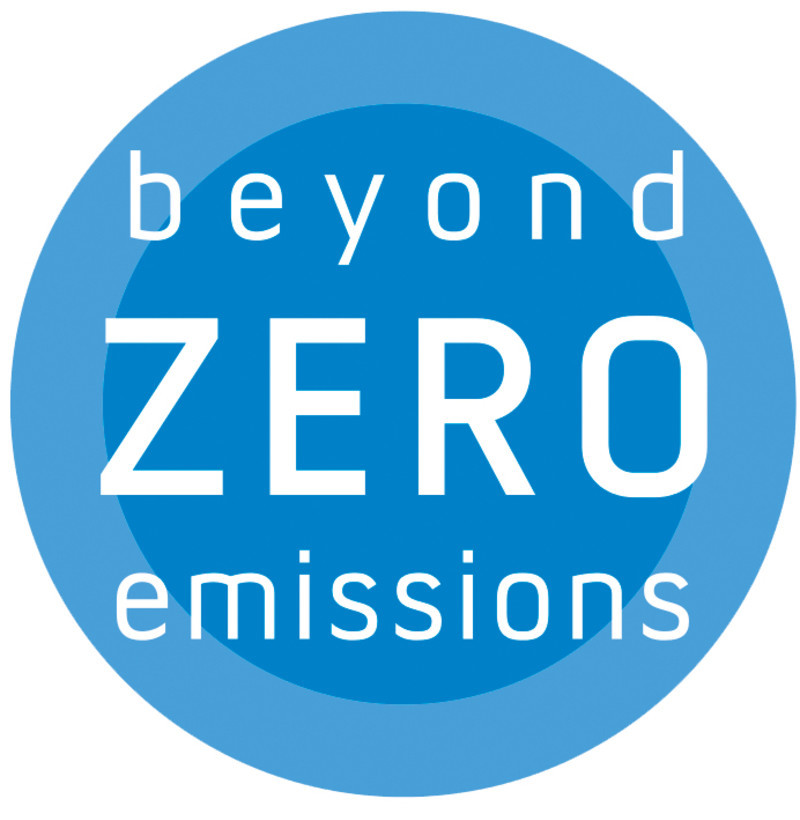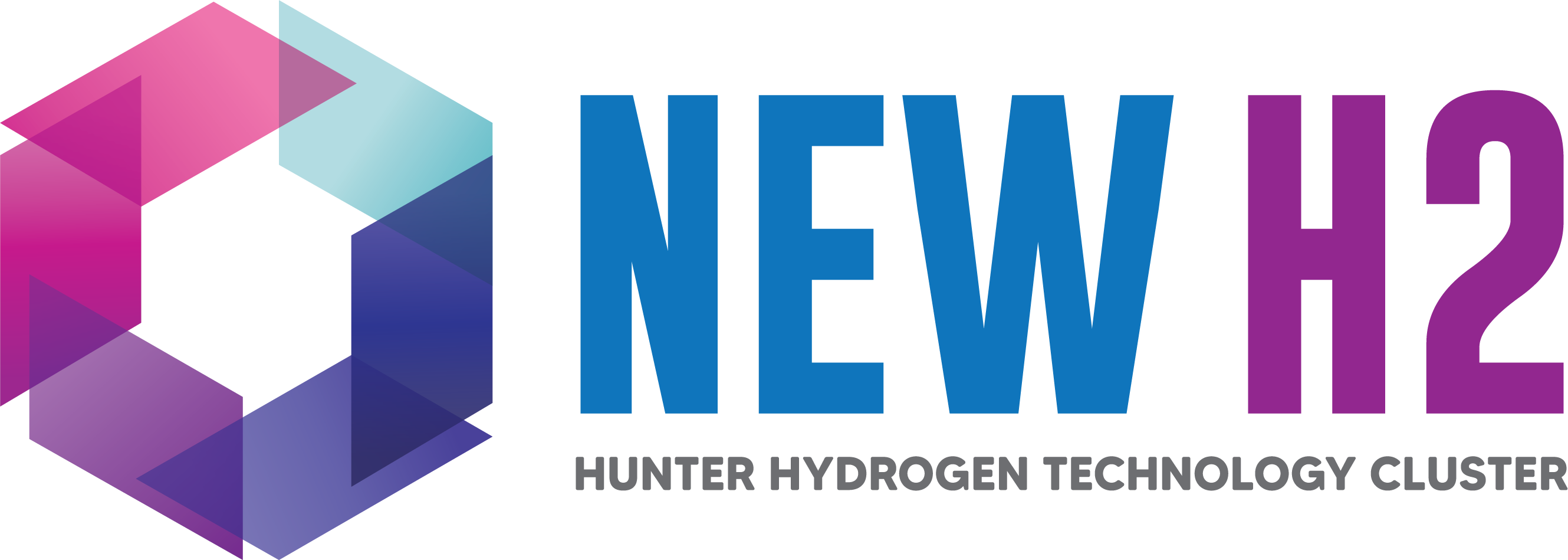NSW Government invests in major battery projects to enhance energy reliability
The NSW Government is accelerating the roll out of major battery projects across the state, boosting electricity reliability to keep the lights on in NSW.

The New South Wales Government is accelerating the rollout of major battery projects to improve electricity reliability and meet the state's growing energy demands. An allocation of $8.4 million has been granted to Transgrid and the Australian Energy Market Operator (AEMO) to expedite grid connections for four significant battery projects, each with a capacity exceeding 100 megawatts (MW).
These projects include:
- the Waratah Super Battery with an 850 MW capacity and 2-hour storage duration,
- the Liddell Battery Energy Storage System with a 500 MW capacity and 2-hour storage,
- the Orana Battery Energy Storage System with a 415 MW capacity and 4-hour storage, and
- the Richmond Valley Battery Energy Storage System with a 275 MW capacity and 8-hour storage.
Collectively, these batteries will provide approximately 15% of the peak demand for the 2023-24 NSW summer, equivalent to powering about 800,000 households during peak periods.
Recent reports from AEMO have highlighted increased reliability risks in NSW from 2024 to 2028, primarily due to the retirement of coal plants and a lag in renewable energy projects coming online. The integration of these large-scale batteries is crucial for storing renewable energy generated during optimal conditions, such as sunny and windy periods, and delivering it during peak demand times to stabilize the energy supply.
To address these challenges, Transgrid will use $3.2 million to hire additional technical staff to manage grid connections and minimize delays. They will establish two dedicated teams focused on reviewing and supporting grid connection applications. Meanwhile, AEMO will receive up to $5.2 million to employ staff who will oversee the grid connection process, coordinate with Transgrid, and work with other project developers. This concerted effort aims to ensure the completion of these battery projects by 2025-2026.
This funding initiative is part of the NSW Government's broader strategy to replace retiring coal-fired power plants with renewable energy infrastructure. Additionally, a $1.8 billion investment has been allocated to establish the Energy Security Corporation to support this transition.
“The NSW Government is committed to accelerating replacement electricity infrastructure and is funding additional staff to ensure priority battery projects are connected to the grid as soon as possible,” Minister for Climate Change and Energy, Penny Sharpe said.
“The funding to AEMO and Transgrid will reduce the risk of connection to the grid being delayed and help to address the reliability risks identified in AEMO’s recent report.”
“These batteries will ensure consumers in NSW have access to affordable and reliable electricity sooner.”













